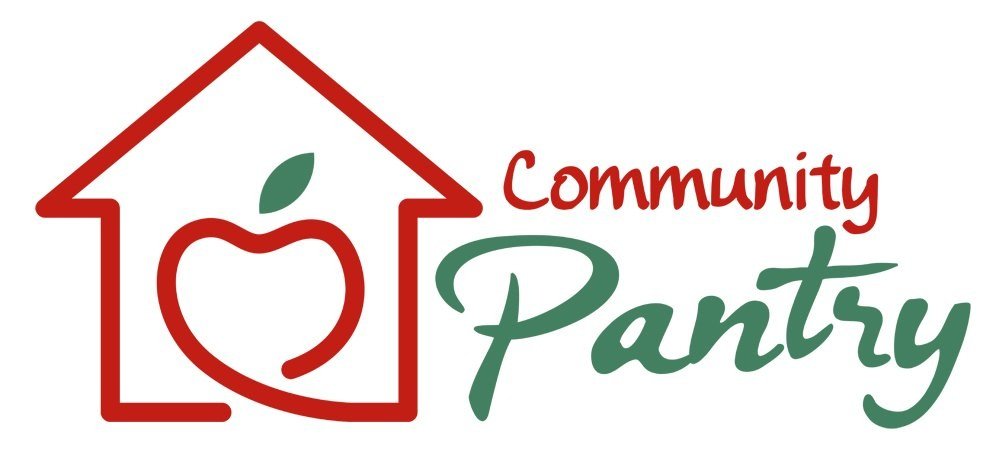
Our community, like so many in our country, is home to people struggling with hunger. The Community Pantry has a variety of opportunities for people of all ages and walks of life to receive assistance.
Shopping Pantry
Guests can shop at the on-campus pantry twice a month, and select a wide variety of items such as produce, meat, staples and toiletry items for their family. In addition, thanks to the Freestore Foodbank, guests over the age of 60, who qualify, may receive an extra food box when visiting the pantry.
Check out these zip codes to see if you are are part of our service area: 45001, 45002, 45014, 45030, 45033, 45041, 45052, 45233, 45247, 45248, 45251, 47025, and 47060.
Shopping at the pantry is done by appointment.
Simply call the Community Pantry at 513-738-7500 and select option 1. Appointments are scheduled on Tuesday and Thursday evenings from 5:30 -6:30pm and Saturday mornings from 9-11am.
On the Move…
Many in our area do not have easily accessible grocery stores or food pantries. To feed the need for people in isolated areas, several opportunities are used to bring food directly into these communities.
Mobile Pantry Hope on wheels goes out to two rural communities once a month.
Blessing Bags Bags filled with basic necessities are provided for folks to share with any homeless people they encounter.
Turkey Dinners In partnership with Crossroads Westside, the pantry is able to share over 100 turkey dinners each year.
School Partnerships
Research shows that hungry children are more likely to be absent from school, lack focus and energy, and be vulnerable to illness. The pantry partners with local schools to to fill basic needs and to provide encouragement.
Backpack Club
Every Friday, 180 Backpack Club food bags are supplied to local schools to ensure kids have food for the weekend.
Picnics in the Parking Lot
To fill the meal gap in the summer, the pantry shares lunches, food bags and produce with the kids in our local community.
Toiletry bags
Nurse's offices at local schools are given toiletry bags to help meet the basic non-food needs of students.




